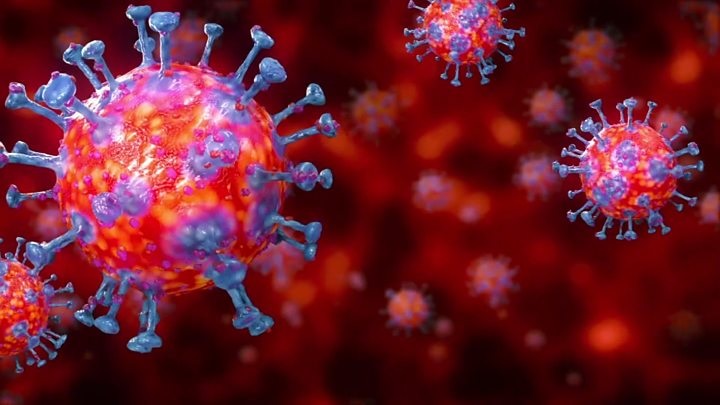Meanwhile, the Ghana Health Service (GHS) has urged the public to strictly observe all safety protocols to avert a major third wave of COVID-19 in the country, as increasing numbers of new infections could overwhelm health systems.
The GHS said: “The public health measures needed to prevent transmission remain the same; what we need is adherence to these protocols by all people living in Ghana, whether vaccinated or not”.
It said the threat of a third major wave in Ghana was “very real” as evidence from other countries that had experienced a third wave showed that the cases were usually twice or three times the cases in the first wave, adding that the first wave recorded a peak of over 1,100 cases in a single day.
A communiqué issued by the Ghana Health Service after a high level strategic meeting of Senior Managers on COVID-19 following the recent rise in cases and made available to the media established.
The GHS said as at July 17th a total of 99,734 cases were recorded with 817 deaths, while active cases stood at 3,466 with over 1.3 million tests carried out since Ghana started testing.
According to the GHS, the main drivers identified for the second outbreak, from late January to early March 2021, were the many activities during the Christmas festivities with lowered adherence to COVID-19 safety protocols.
It said, coupled with the high number of travelers to Ghana during the Christmas festivities saw cases rise, but not to the levels recorded in the first major wave.
The GHS said the emergence of new variants with higher infectivity complicated the safety protocols.
“Other threats include; the outbreaks of cases in neighbouring countries, surges in the Ashanti and Greater Accra Regions, low vaccination coverage, the entry of the delta variant into Ghana and outbreaks in some schools,” it explained.
The Ghana Health Service noted that there were several days during that peak when the country reported between 600 to 1,000 cases a day, and said there had been a gradual increase in cases over the past weeks.
It explained, for instance, that between April 11th and 25th 2021, a total of 968 cases were recorded for the two-week period compared to 2,500 recorded from the July 1st to 14th.
“The increase in cases have largely been from the major hotspots of Greater Accra and Ashanti Regions with a few sporadic outbreaks in other regions such as the Volta and Eastern Regions,” it said.
It stated that the rise in cases was of concern to the GHS and that necessitated the strategic meeting of senior managers of the GHS to address the issue.
The GHS said its current system had some inherent strengths including; capacity for case management with an increase in number of treatment centres from two to over 70 currently with a treatment centre in each region, training of critical care staff and provision of equipment, establishment of the Ghana Infectious Diseases Centre (GIDC), establishment of an electronic data collection system for surveillance data collection.
“Robust laboratory capacity from two in early 2020 to over 43 currently, capacity for Genomic Sequencing and a strong Expanded Programme on Immunization,” it said, emphasizing that, all those capacities could be overwhelmed if we do not avert a third wave especially driven by the Delta variant which


